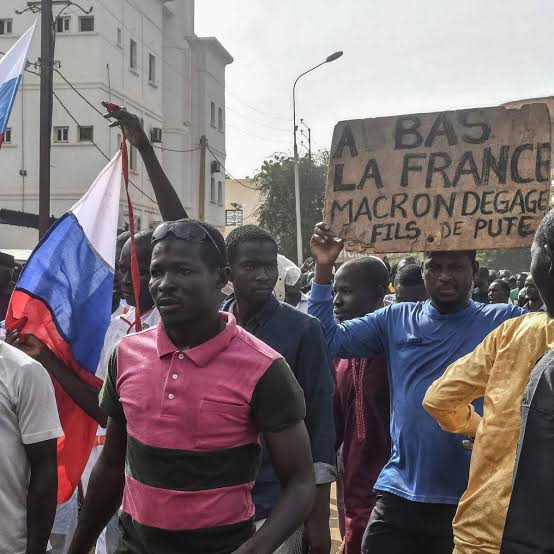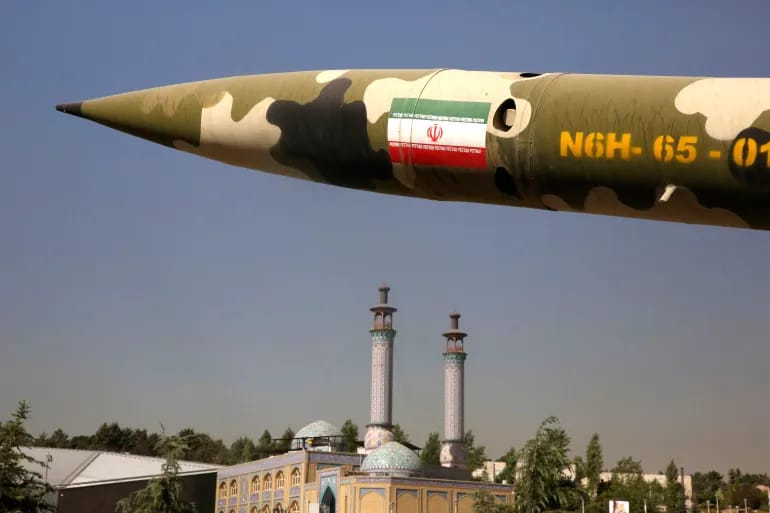Tensions escalate in Niger as coup leaders boldly accuse French forces of orchestrating a destabilization campaign within the country. In a move that threatens to deepen the crisis, the coup leaders allege that French military actions, including the freeing of “captured terrorists” and breaching the airspace ban, are aimed at undermining Niger’s stability. France vehemently denies these claims, setting the stage for a high-stakes confrontation. With the threat of foreign intervention looming and international concerns growing, the situation in Niger remains highly volatile.
Coup Leaders Accuse France of Aiding “Terrorists” and Breaching Airspace
Colonel Amadou Abdramane, the spokesperson for the coup leaders, conveyed in a video address that France had set free 16 alleged “terrorist elements,” who then reportedly assembled to plan attacks along the border. Furthermore, he claimed that a French military aircraft violated Nigerien airspace. The incident purportedly occurred during an attack on a National Guard unit near the Samira gold mine in the Tillaberi region. Abdramane asserted that these actions constituted a larger plot by French forces to destabilize the country. However, no concrete evidence was provided to substantiate these allegations.
France Rejects Allegations and Defends Presence in Niger
In response to the coup leaders’ accusations, France’s Ministry for Europe and Foreign Affairs swiftly rejected the claims. The ministry contended that the movements of French aircraft were in accordance with an existing agreement with Nigerien forces. Additionally, France reiterated that its troops were stationed in Niger at the request of the legitimate authorities. The French government adamantly denied any involvement in releasing terrorists or breaching airspace. Experts warn that these allegations, if proven false, could further strain diplomatic relations between the two nations.
International Concerns Mount as ECOWAS Addresses Niger Crisis
As tensions escalate, the Economic Cooperation of West African States (ECOWAS) convened an emergency summit in Abuja to address the ongoing crisis in Niger. Last week, ECOWAS had set a deadline for the military to restore democracy and release President Mohammad Bazoum. The deadline passed without military intervention, but concerns remain regarding the stability of the region. Mali and Burkina Faso, suspended by ECOWAS due to previous coups, have expressed support for the coup leaders in Niger, raising the specter of increased regional instability.
The situation in Niger serves as a stark reminder of the fragility of the Sahel region. With the seizure of power marking the ninth coup in just three years, the international community closely watches the unfolding events in this volatile part of the world. The allegations and denials involving French forces only intensify the complexity of the situation, underscoring the need for swift diplomatic efforts to prevent further escalation and instability.
















